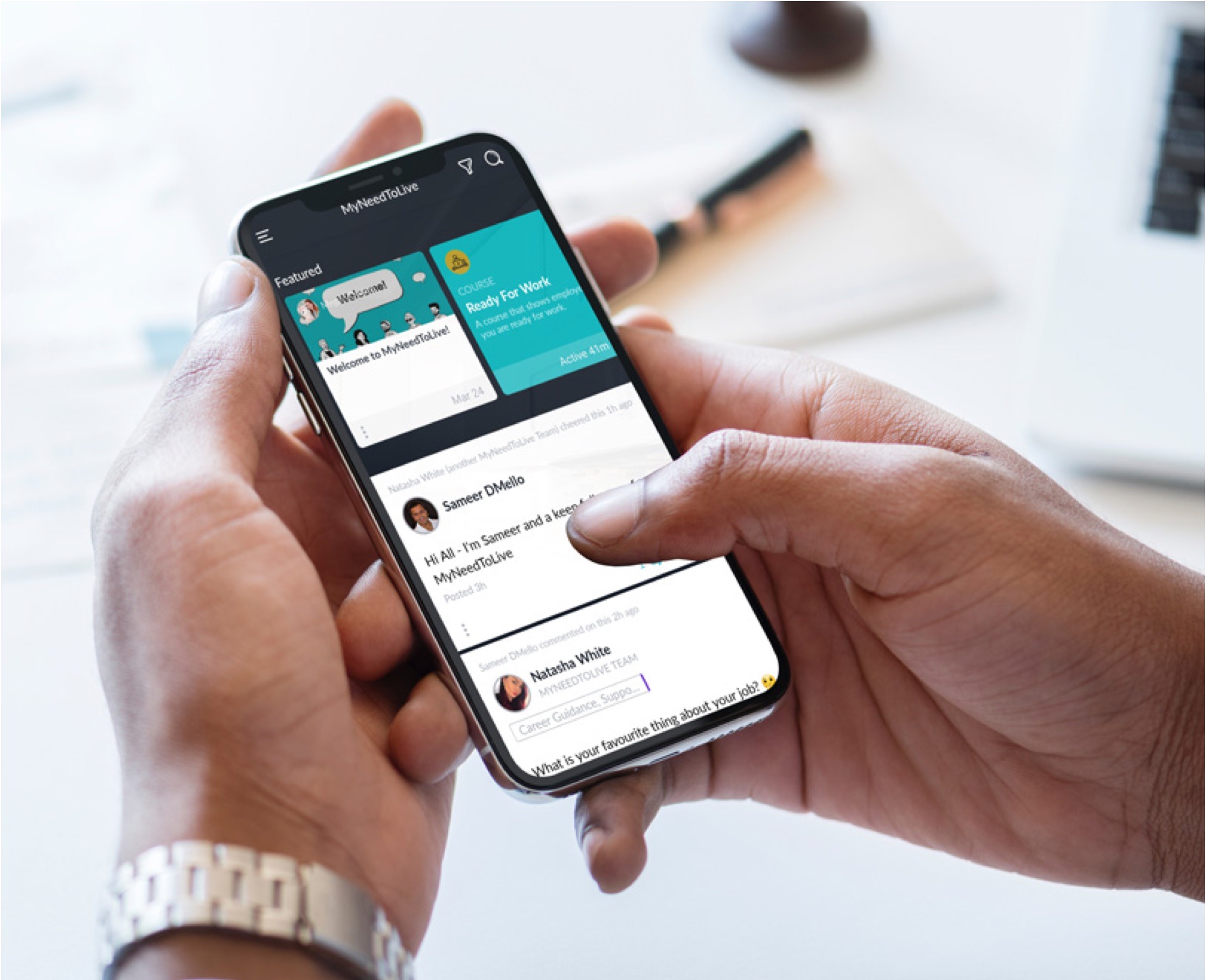Preparing for an interview can be a daunting task, thinking of the different questions that will be asked, exercises that may be required and going to a physical interview or a remote interview. The interview is all about you, employers what to see if you are right for the role and following the advice below will help you secure that position.
When you have been offered an interview, you will be sent the details of the location, whether remote or physical. Details of the structure of the interview, including any exercises and the duration of the interview. These details are key, they allow you to prepare what is needed and what to expect from the interview.
Most interviews are set up to give you between 2-5 minutes to answer a question, with a 15-minute section at the end to ask your own questions. Each answer you give should provide an example of your experience, or how you would best respond.
While it is hard to know what questions will be asked during the interview, learning the criteria will help understand what the employer is looking for. Most job descriptions will be broken into sections. Such as, working in a team, communicating with stakeholders and leading projects.
An employer will most likely ask questions based on this, for example: What problems have you had leading a project and how did you overcome this? When have you had to deal with conflict within your team? How have you communicated changes to stakeholders?
Depending on your role, questions will be structured differently, searching your job role and interview questions on google will show some examples people have been asked.
Here are 10 interview questions with answers
When answering interview questions, also try and use the STAR method, this provides the employer with all the information they need to know to answer their question and helps you shape your answer.
Example: You are asked When have you had to deal with conflict within your team?
S: Situation = Set the scene, providing details of what was happening.
T: Task = What was your responsibility in that situation.
A: Action = What steps did you take to address it.
R: Result = What was the outcome of your actions, what did you achieve, what did you learn.
Always try and use “I” instead of “us”, “we”, “our”. The company wants to know what YOU did, not how your team did.
With remote interviews, exercises have now increased in the interview process. Employers giving you a practical task prior to or during the interview to complete. This can be from spell checking a document, a quick quiz, to reworking documents. These are hard to practice for before the interview as you never know, unless the employer sent you details, what they will be.
But Don’t worry.
Exercises are not designed you catch you out, or confuse you in any way. They are usually based on a simple task involved in the role you are applying for.
Example: If you apply for an admin role, it most likely is an admin task such as rewording an email.
Whether your interview is remote or physical, they should be treated the same. Remember this is your first impression of the employers you want to work for.
If remote,
Do not read of a note pad!
Hopefully, these will help anyway with an upcoming interview, if you would like to add anything message in the comments or #TellYourStory with MyNeedToLive.
Whether you want to grow your skills, get picked up by an employer who needs your specific knowledge, earn more qualifications for your CV, or some combination of the three, the My Need to Live community is here to support you.
Join the platform 01 March 2023
01 March 2023
 30 October 2022
30 October 2022

The My Need to Live Support Directory is a resource created by us to help 16 – 24 year olds find the help, support, organisation or practitioner you need to help them with their wellbeing when they need it.
Support directory
Paul Good